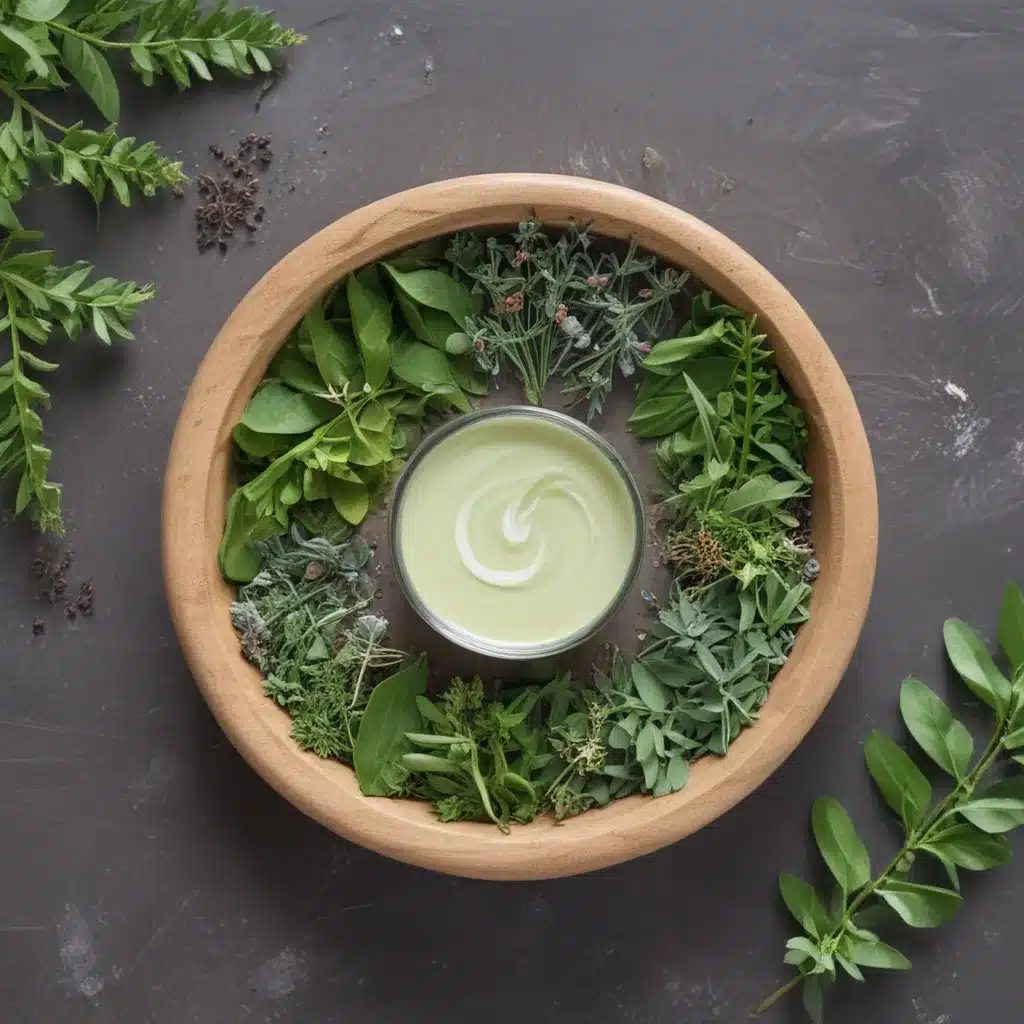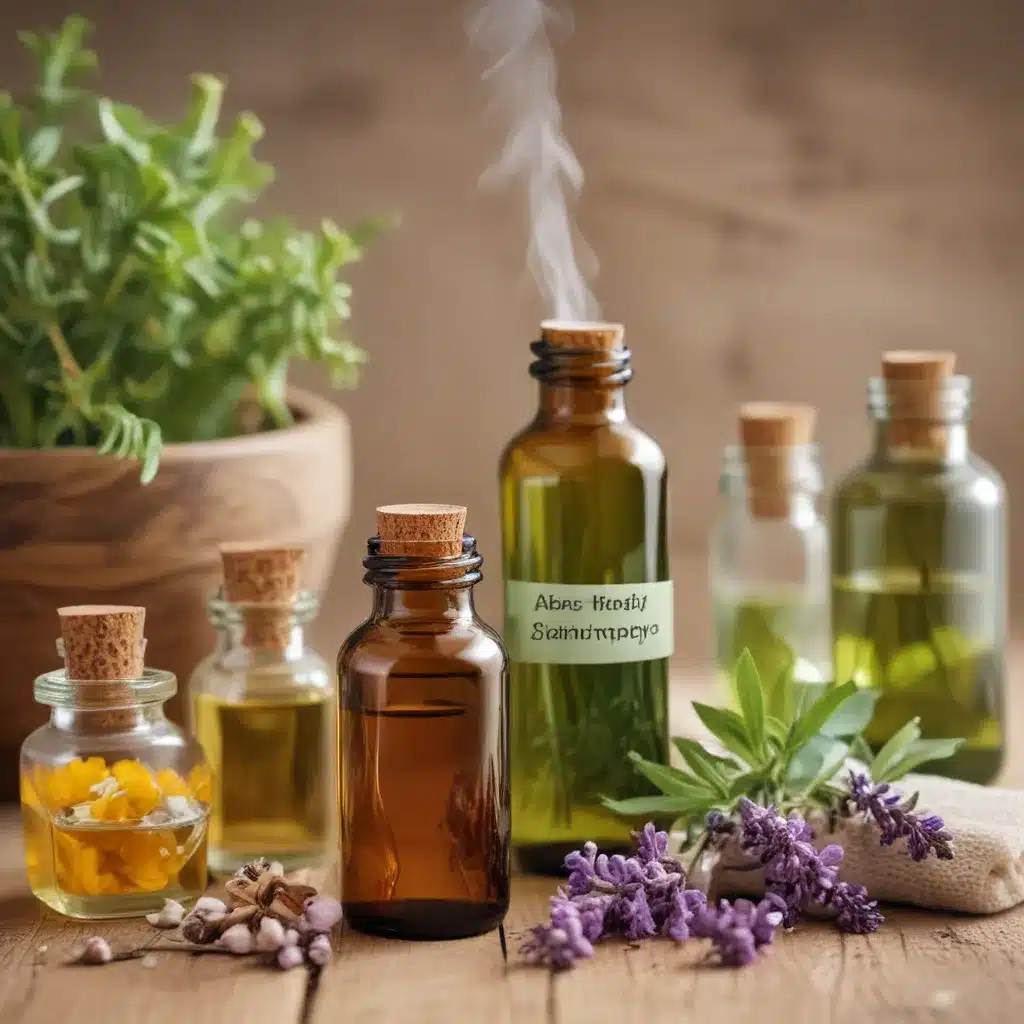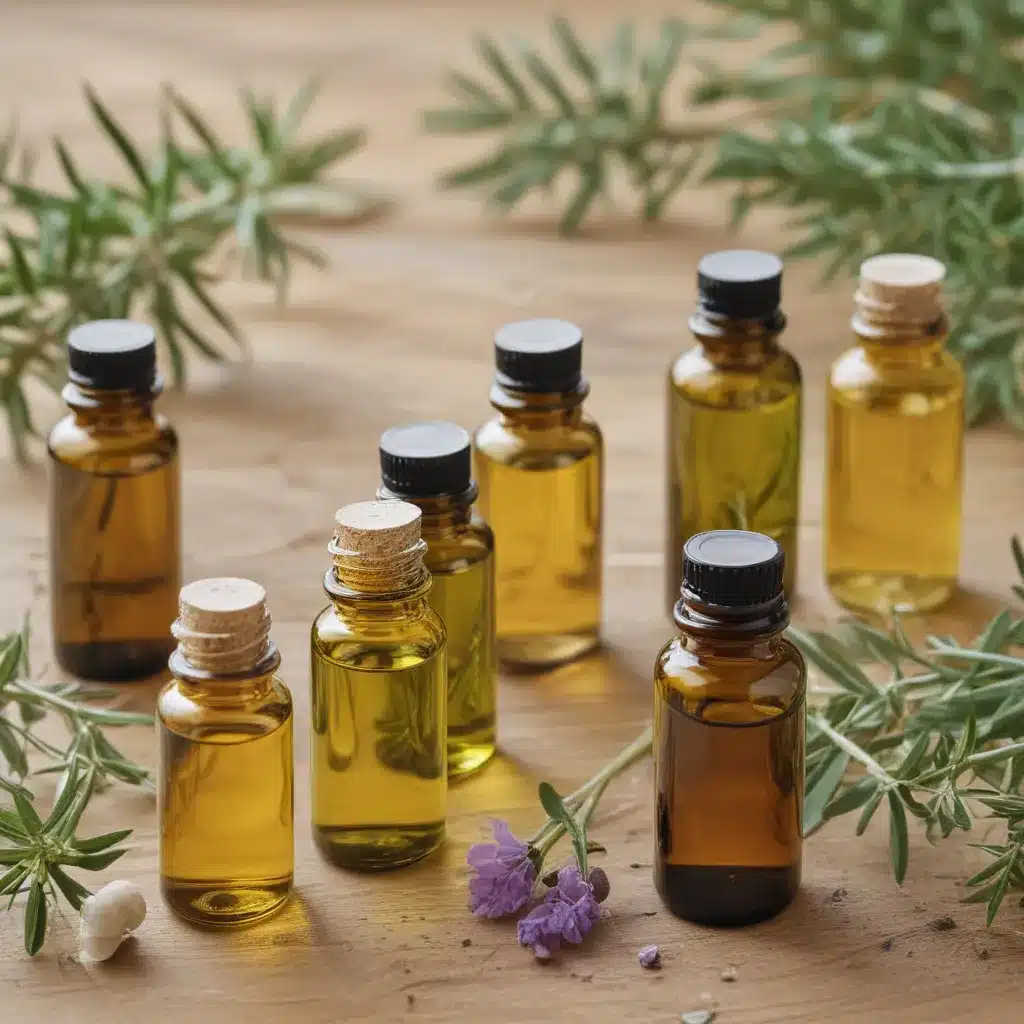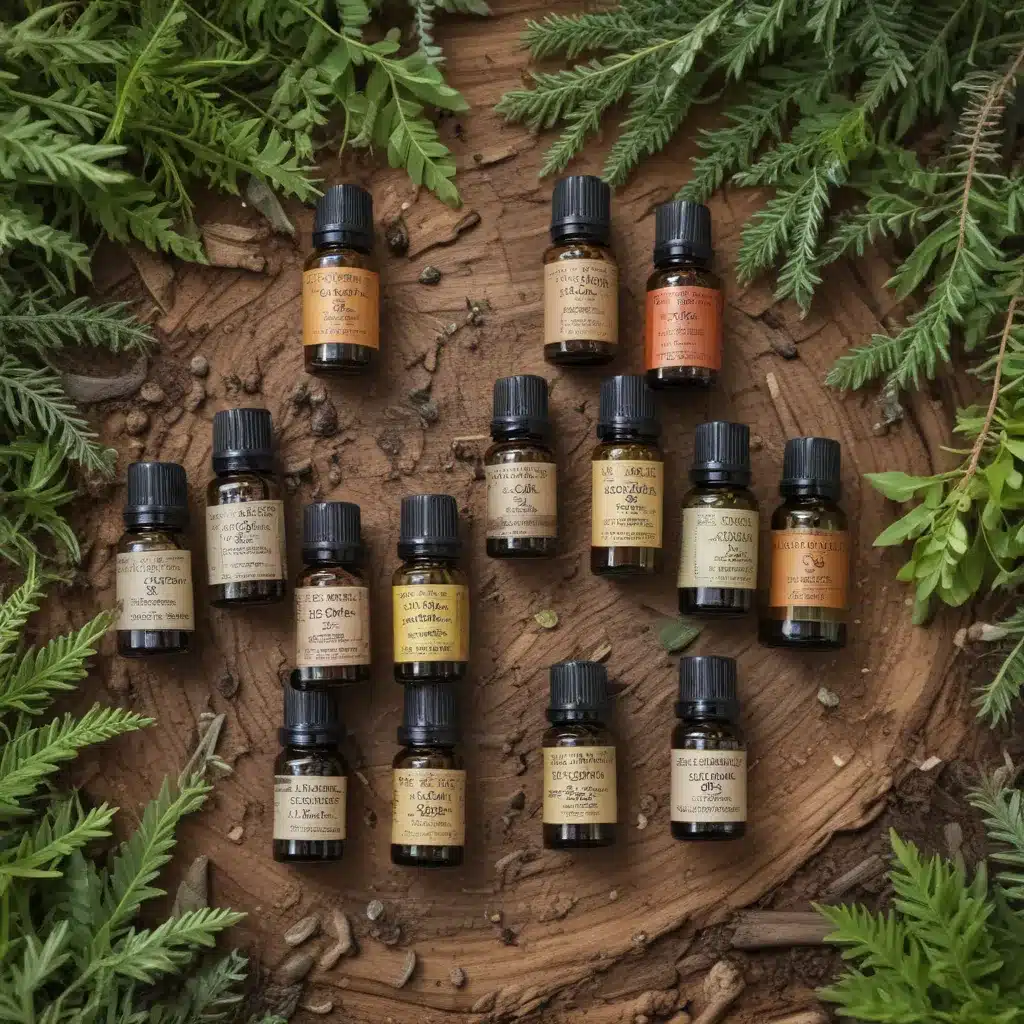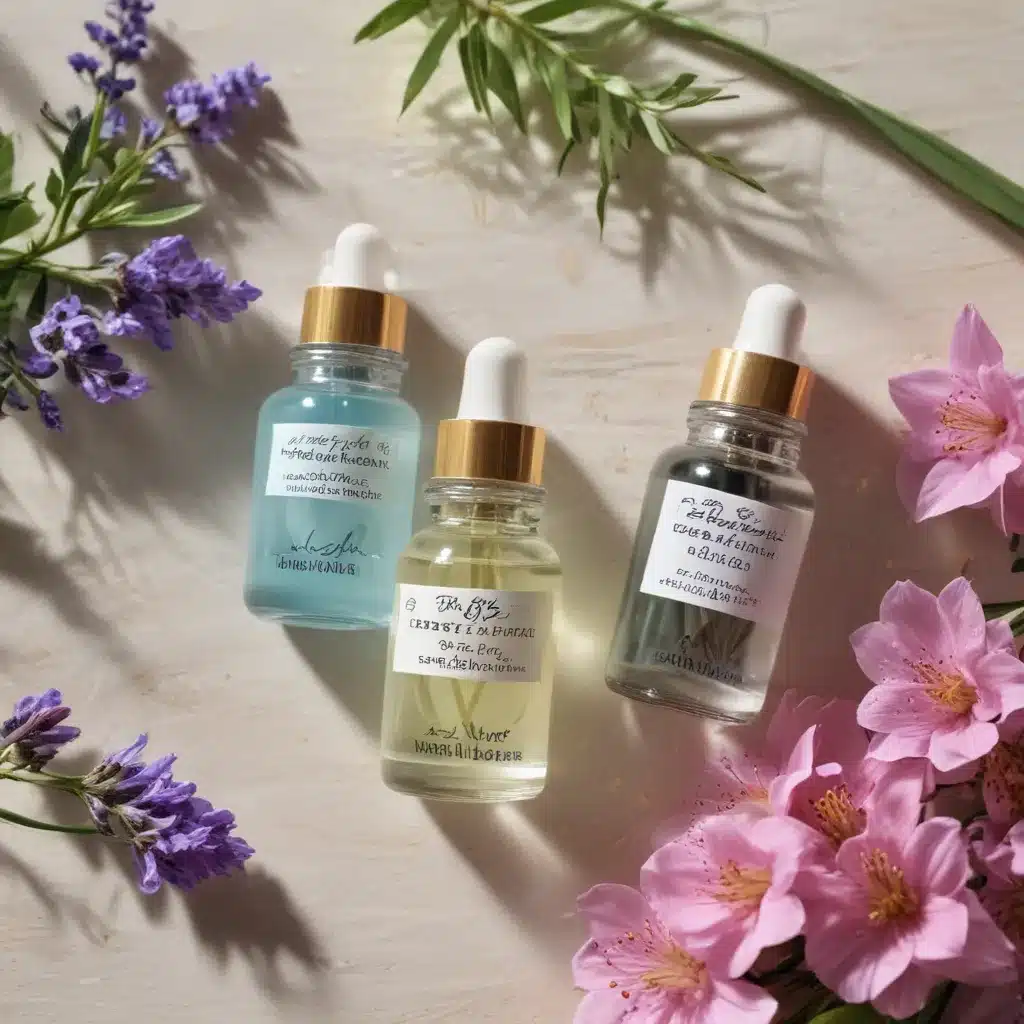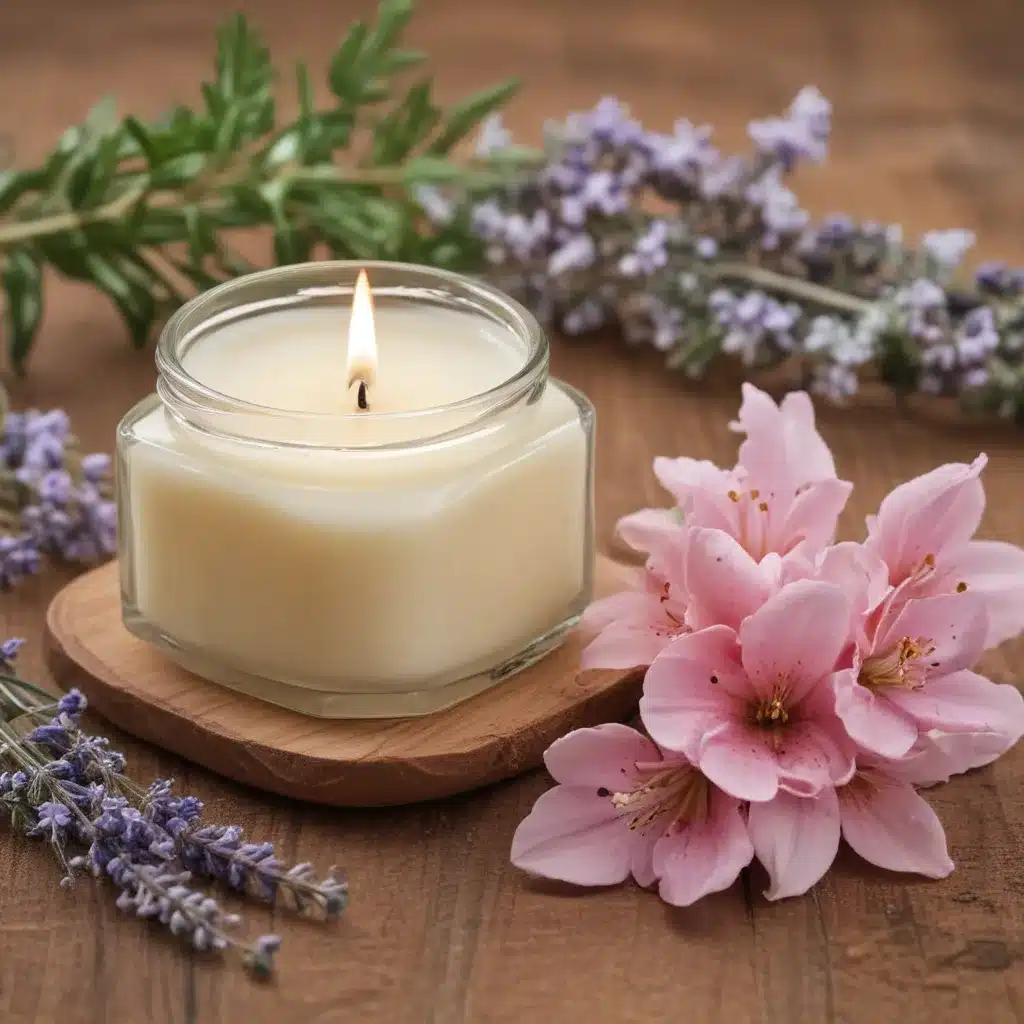
When blending aromatherapy with yoga and meditation, it’s like adding a fragrant breeze to your practice, subtly enhancing the experience. The intertwining of scents and mindfulness can lead to a more profound connection to your inner self and surroundings. From calming lavender to invigorating citrus, the possibilities are vast. But how exactly do these scents influence our state of mind and well-being? Let’s explore the science behind aromatherapy’s potential to elevate our spiritual practices and cultivate a deeper sense of presence.
Benefits of Aromatherapy in Yoga
Incorporating aromatherapy into your yoga practice can enhance relaxation and deepen mindfulness. The benefits of aromatherapy in yoga are numerous, offering a holistic approach to well-being. Aromatherapy involves using essential oils extracted from plants to promote physical and mental health. These oils can be inhaled, applied to the skin, or used in a diffuser during your yoga sessions.
One of the key benefits of aromatherapy in yoga is its ability to create a calming environment. Certain essential oils, such as lavender and chamomile, have soothing properties that can help reduce stress and anxiety levels. By incorporating these oils into your practice, you can create a peaceful atmosphere that allows you to fully immerse yourself in the present moment.
Aromatherapy techniques in yoga can also help improve focus and concentration. Essential oils like peppermint and rosemary are known for their ability to enhance mental clarity and alertness. By diffusing these oils or applying them lightly to your pulse points before starting your practice, you can sharpen your mind and elevate your awareness during yoga.
Furthermore, aromatherapy can enhance the overall sensory experience of yoga. Scents like citrus and eucalyptus can invigorate the senses and uplift your mood, making your practice more enjoyable and rewarding. By engaging multiple senses simultaneously, aromatherapy can deepen your connection to the present moment and amplify the benefits of your yoga practice.
Popular Essential Oils for Meditation
When seeking popular essential oils for meditation, it is essential to ponder the calming and grounding properties that specific oils offer. Aromatherapy blends can enhance your meditation practice by creating a peaceful and harmonious atmosphere. Some popular essential oils known for their meditative scents include:
-
Lavender: Renowned for its calming properties, lavender essential oil promotes relaxation and helps soothe the mind during meditation sessions.
-
Frankincense: With its deep, woody aroma, frankincense is often used to center the mind and enhance spiritual connection during meditation.
-
Sandalwood: Known for its grounding and centering effects, sandalwood essential oil can help create a serene environment ideal for deep meditation.
-
Patchouli: This earthy and musky essential oil is often used in meditation practices to promote feelings of relaxation and peace.
-
Cedarwood: Cedarwood essential oil has a warm, woody scent that can help calm the mind and instill a sense of inner strength during meditation.
Creating an Aromatherapy Routine
To establish a consistent aromatherapy routine that complements your meditation practice, consider selecting essential oils known for their calming and grounding properties. Incorporating aromatherapy rituals into your daily meditation practice can deepen your sensory experience and enhance relaxation. Here are three essential steps to create an effective aromatherapy routine:
-
Choose the Right Essential Oils: Select essential oils like lavender, chamomile, or frankincense known for their calming and grounding effects. These scents can help create a peaceful atmosphere conducive to meditation and relaxation.
-
Create a Ritual: Develop a personalized ritual around your chosen essential oil. This could involve diffusing the oil in a room dedicated to meditation, adding a few drops to a tissue or cotton ball placed nearby, or diluting it with a carrier oil for a calming self-massage before your meditation session.
-
Consistency is Key: Establish a regular routine by incorporating aromatherapy into your meditation practice daily. Consistency can help signal to your mind and body that it’s time to unwind and center yourself, enhancing the overall benefits of your meditation practice.
Incorporating scented relaxation through aromatherapy rituals can amplify the tranquility of your meditation sessions and promote a deeper sense of calm and focus.
Enhancing Relaxation With Aromatherapy
Enhance relaxation during meditation sessions with the calming and grounding effects of selected essential oils. When looking to reduce stress and enhance relaxation, incorporating aromatherapy into your meditation practice can be incredibly beneficial. The use of specific essential oils can promote a sense of calmness and emotional balance, helping you to create a tranquil space for your meditation sessions.
To enhance your relaxation experience, consider the following essential oils and their stress-reducing properties:
| Essential Oil | Benefits |
|---|---|
| Lavender | Promotes relaxation and calmness. |
| Chamomile | Soothes the mind and body, aiding in emotional balance. |
| Frankincense | Encourages deep breathing and a sense of tranquility. |
| Ylang Ylang | Helps release tension and stress, promoting relaxation. |
| Bergamot | Elevates mood and reduces anxiety, fostering emotional well-being. |
Boosting Energy Levels With Scents
When it comes to boosting energy levels with scents, incorporating citrus fragrances for freshness, mint for vitality, and eucalyptus for invigoration can be highly effective. These scents can help uplift your mood, increase alertness, and promote a sense of rejuvenation during yoga and meditation practices. By utilizing the power of aromatherapy, you can enhance your energy levels and overall well-being.
Citrus for Freshness
Feeling sluggish during your yoga or meditation practice? Consider incorporating the invigorating scent of citrus to boost your energy levels and awaken your senses. Citrus blends and zesty fragrances can help create a revitalizing and vitalizing atmosphere for your practice. Here’s why citrus scents are perfect for enhancing your mindfulness sessions:
- Instant Energy Boost: Citrus aromas like lemon or orange can provide a natural pick-me-up, helping you feel more alert and focused during your practice.
- Mood Enhancement: The bright and uplifting scent of citrus can help uplift your mood and create a positive atmosphere for meditation or yoga.
- Enhanced Concentration: Citrus fragrances are known for their ability to improve mental clarity, making it easier to concentrate and stay present during your practice.
Peppermint for Vitality
Invigorating the senses with a burst of freshness, now let’s explore the rejuvenating effects of peppermint for boosting energy levels during your yoga and meditation practice. When seeking to enhance vitality through aromatherapy, peppermint oil blends can be a game-changer. The crisp, cool scent of peppermint is known to stimulate the mind, increase focus, and uplift the spirit, making it an ideal companion for your practice. Incorporating peppermint into your aromatherapy energy techniques can help revitalize your body and mind, giving you the energy needed to fully engage in your yoga and meditation sessions. Consider diffusing peppermint oil or using a peppermint-infused spray to invigorate your space and elevate your practice.
| Benefits of Peppermint Oil Blends | |
|---|---|
| Stimulates the mind | Energizing scent |
| Increases focus | Uplifts the spirit |
Eucalyptus for Invigoration
With its invigorating and uplifting aroma, eucalyptus essential oil is renowned for its invigorating properties, ideal for boosting energy levels during your yoga and meditation practice. Here are three ways eucalyptus can enhance your practice:
- Eucalyptus Benefits: The scent of eucalyptus can clear the mind, improve concentration, and promote mental clarity, helping you focus better during meditation sessions.
- Aromatherapy Invigoration: Inhaling eucalyptus oil can stimulate the senses, increase alertness, and provide a renewed sense of energy, making it perfect for re-energizing yourself before or during yoga practice.
- Yoga Poses: Incorporate eucalyptus oil into your yoga routine by diffusing it in the room or applying a diluted version topically to enhance your practice and invigorate your body and mind.
Aromatherapy Blends for Focus
When it comes to enhancing focus during yoga or meditation sessions, I find that certain aromatherapy blends can be incredibly beneficial. Citrus scents, like lemon or orange, can bring clarity to the mind and help improve concentration. Peppermint oil is excellent for boosting alertness, while lavender infusion can create a sense of calm and aid in staying centered.
Clarity With Citrus Scents
Citrus scents in aromatherapy blends are known for their ability to enhance focus and mental clarity during yoga and meditation practices. When seeking to improve concentration and mental alertness, incorporating citrus essential oils into your practice can be highly beneficial. Here are three ways citrus scents can help you achieve mental clarity:
-
Boosted Energy Levels: Citrus aromas have invigorating benefits that can help energize your mind and body, keeping you alert and focused during your practice.
-
Enhanced Cognitive Function: The invigorating scent of citrus oils can stimulate your senses, promoting mental clarity and improving cognitive performance.
-
Reduced Stress: Citrus scents are known for their calming properties, which can help alleviate stress and create a peaceful environment for deeper concentration.
Alertness From Peppermint Oil
Peppermint oil is renowned for its ability to heighten alertness and improve focus, making it a valuable addition to aromatherapy blends for enhancing mental clarity during yoga and meditation practices. The invigorating scent of peppermint can help sharpen the mind and increase concentration, creating a more focused and productive environment for your practice. Here are some benefits of peppermint oil for enhancing mental clarity with aromatherapy:
| Benefit | Description | Use |
|---|---|---|
| Heightened Alertness | Increases focus and energy | Diffuse during practice |
| Improved Concentration | Enhances mental clarity | Apply to temples |
| Boosted Productivity | Stimulates cognitive function | Inhale deeply |
Peppermint oil can be a powerful tool in improving your mental acuity and keeping you alert throughout your yoga and meditation sessions.
Calm With Lavender Infusion
To promote focus and enhance mental clarity during yoga and meditation, incorporating a calming lavender infusion into aromatherapy blends can be highly beneficial. The Lavender relaxation and meditation benefits are profound, offering a soothing effect on the mind and body. Here are three reasons why this calmness infusion can provide aromatic serenity:
- Lavender’s scent has been shown to reduce stress and anxiety levels, promoting a sense of calmness conducive to better focus during practice.
- The relaxation properties of lavender can help quiet the mind, allowing for a deeper meditative experience and enhanced concentration.
- Incorporating lavender into your aromatherapy routine can create a tranquil atmosphere that fosters mindfulness and inner peace, elevating your yoga and meditation sessions.
Setting the Mood With Aromas
Enhancing the ambiance with carefully selected scents can deeply enrich the practice of yoga and meditation. Scented candles and incense sticks are powerful tools in creating a sacred space for your practice. The gentle flicker of a scented candle can instantly transform a room, casting a soothing glow that calms the mind and prepares the body for movement or stillness.
Choosing the right scent is key. For a grounding practice, earthy scents like sandalwood or patchouli can help you feel rooted and connected to the present moment. If you’re seeking clarity and focus, citrus scents like lemon or orange can invigorate the senses and uplift your mood.
Incense sticks offer a more traditional approach to aromatherapy, releasing fragrant smoke that wafts through the air, creating a sense of tranquility and peace. The ritual of lighting incense can be a meditative act in itself, signaling the start of your practice and signaling to your mind that it’s time to let go of distractions and enter a state of mindfulness.
Whether you prefer the warm glow of scented candles or the subtle aroma of incense sticks, these simple additions can enhance your yoga and meditation practice, creating a sacred space where you can fully immerse yourself in the present moment.
Incorporating Oils Into Yoga Poses
Incorporating essential oils into yoga poses can enhance the overall experience by promoting relaxation and deepening the mind-body connection. As a yoga practitioner who values the power of aromatherapy, I have found that using oils during my practice adds an extra layer of tranquility and focus.
-
Oil application: Before beginning your yoga session, choose an essential oil that resonates with your intention for practice. Dilute a few drops of the oil with a carrier oil and apply it to your pulse points or the soles of your feet. This direct application allows the aroma to accompany you throughout your practice.
-
Scented relaxation: Incorporating oils like lavender, chamomile, or frankincense can induce a state of calm and relaxation, making it easier to shift into a meditative mindset during yoga. As you move through different poses, the scent can help you stay present and centered.
-
Deepening connection: The combination of specific essential oils and yoga poses can deepen the mind-body connection, heightening awareness of your breath and movements. For example, using grounding oils like sandalwood or cedarwood during balancing poses can help you feel more rooted and stable in your practice.
Using Diffusers for Scented Atmosphere
Exploring the use of diffusers can further enhance the scented atmosphere in your yoga and meditation space, elevating the sensory experience and aiding in relaxation and focus. Diffusers are instrumental in dispersing essential oils into the air, creating a calming ambiance that complements your practice. To maximize the benefits, it’s important to maintain your diffuser regularly. Clean it with water and vinegar to prevent oil buildup, ensuring best performance and scent longevity.
The aromatherapy benefits of using diffusers in your practice extend beyond just a pleasant smell. Different essential oils can promote emotional wellness, helping you relax, focus, or uplift your mood. For example, lavender is known for its calming properties, perfect for unwinding after a long day, while citrus scents like lemon or orange can energize and refresh your mind during meditation.
Aromatherapy Practices for Stress Relief
To effectively alleviate stress through aromatherapy, I recommend selecting essential oils known for their calming properties and incorporating them into your daily routine. Here are three tips to enhance your stress relief practices:
-
Aromatherapy Blends for Focus and Stress Relief: Creating a personalized blend of essential oils can help promote relaxation and focus during your yoga or meditation sessions. Blending oils like lavender, chamomile, and frankincense can create a calming atmosphere that eases stress and anxiety.
-
Popular Essential Oils for Relaxation and Clarity: Some popular essential oils known for their relaxation and clarity-inducing properties include:
- Lavender: A versatile oil that helps promote relaxation and reduce stress.
- Bergamot: Known for its uplifting and calming effects on the mind.
- Peppermint: Helps to clear the mind and improve focus, reducing feelings of stress.
- Incorporate Aromatherapy Into Your Daily Routine: Whether through diffusing oils in your living space, adding a few drops to a bath, or using a rollerball blend on pulse points, integrating aromatherapy into your daily rituals can provide consistent stress relief throughout the day.
Enhancing Breathwork With Aromas
Enhancing breathwork with carefully selected aromas can deepen your yoga and meditation practice, amplifying relaxation and mindfulness. Scented breathing exercises, also known as aromatic pranayama, offer a unique way to enhance the mind-body connection during your practice. By incorporating specific scents into your breathwork routines, you can create a more immersive and sensory experience that promotes relaxation and focus.
Aroma-infused mindfulness techniques can investigate you to a state of tranquility, making it easier to quiet the mind and center your thoughts. When practicing breathwork with aromas, choose scents like lavender for calming effects, peppermint for invigoration, or eucalyptus for clarity. Each aroma has its own therapeutic properties that can enhance the benefits of your breathing exercises.
Fragrant relaxation techniques, such as incorporating essential oils into your meditation space or using scented candles during your practice, can create a soothing atmosphere that encourages deep breathing and inner peace. The combination of aromas and breathwork can help you release tension, reduce stress, and improve your overall sense of well-being.
Next, we will explore into how these aromatic practices can be further utilized to enhance mindfulness during yoga and meditation sessions.
Enhancing Mindfulness Through Scents
Integrating scents into mindfulness practices can elevate the depth of presence and focus achieved during yoga and meditation. The use of aromatherapy serenity and calming scents can profoundly impact the state of mindfulness, creating a harmonious environment that nurtures the mind and spirit. Here are three ways scented mindfulness enhances the practice:
-
Enhanced Focus: When incorporating aromatic focus into mindfulness practices, the olfactory senses are activated, grounding you in the present moment. The chosen scent can act as an anchor, allowing you to deepen your focus and concentration during meditation or yoga sessions.
-
Emotional Regulation: Aromatherapy serenity from calming scents can help regulate emotions and reduce stress levels, promoting a sense of peace and tranquility. By engaging with specific scents known for their calming properties, you can create a conducive environment for mindfulness practices.
-
Heightened Awareness: Scented mindfulness can heighten your sensory awareness, enriching the overall experience of meditation and yoga. The subtle yet powerful impact of aromas can awaken a deeper connection to the practice, fostering a profound sense of presence and mindfulness.
Incorporating scents into mindfulness practices is a simple yet effective way to enhance the depth of your experiences, allowing you to immerse yourself fully in the present moment with clarity and intention.
Aromatherapy for Chakra Alignment
Using aromatherapy for chakra alignment can help balance and harmonize the body’s energy centers, promoting overall health and liveliness. When it comes to chakra balancing, essential oils can be powerful allies in enhancing the flow of energy and supporting emotional and physical well-being. Here are some aromatherapy techniques that can be used for chakra alignment:
| Chakra | Essential Oil |
|---|---|
| Root | Cedarwood, Patchouli |
| Sacral | Ylang Ylang, Orange |
| Solar Plexus | Bergamot, Ginger |
| Heart | Rose, Jasmine |
| Throat | Eucalyptus, Peppermint |
Each chakra corresponds to different aspects of our being, and using specific essential oils can help activate and balance these energy centers. For example, using Cedarwood or Patchouli for the Root chakra can promote feelings of security and stability, while Bergamot or Ginger for the Solar Plexus chakra can enhance confidence and self-esteem.
Safety Tips for Aromatherapy Practices
When practicing aromatherapy for yoga and meditation, it’s important to carefully select essential oils, follow proper dilution guidelines, and take steps to prevent allergic reactions. Proper knowledge of essential oils is essential to guarantee their safe and effective use during your practice. By adhering to these safety tips, you can enhance your aromatherapy experience and fully benefit from its calming and grounding effects.
Essential Oil Selection
Selecting the right essential oils is important for guaranteeing a safe and effective aromatherapy practice during yoga and meditation sessions. When choosing essential oils for your practice, consider the following:
- Quality Matters: Opt for pure, high-quality essential oils to guarantee maximum benefits and avoid potential harmful additives.
- Personal Preferences: Select scents that resonate with you personally; this can enhance the overall experience and promote relaxation.
- Mindful Blending: Experiment with aromatherapy blends to create a harmonious and balanced scented atmosphere that complements your practice.
Dilution Guidelines
For safe and effective aromatherapy practices, it is vital to adhere to proper dilution guidelines to prevent adverse reactions. Proper dilution guarantees that essential oils are used safely and effectively. When diluting essential oils, always follow the recommended ratios to avoid skin irritation or other negative effects. Essential oils are highly concentrated and can cause harm if not diluted correctly. Dilution also aids in the even application of the oils, maximizing their benefits during yoga and meditation sessions. Safety precautions should always be taken into account when working with essential oils to create a harmonious and soothing environment. By following proper dilution guidelines and application techniques, you can enhance your practice without compromising your well-being.
Allergic Reaction Prevention
To prevent allergic reactions during aromatherapy practices, it is important to conduct patch tests before widespread use of essential oils. Here are some essential safety tips for incorporating aromatherapy into your yoga and meditation routines:
-
Patch Test: Apply a diluted drop of essential oil to a small area of skin to check for any adverse reactions before using it extensively.
-
Dilution: Always dilute essential oils with a carrier oil to reduce the risk of skin irritation, especially for those with sensitive skin.
-
Consultation: If you have scent sensitivity or allergies, consider consulting with a healthcare provider or aromatherapist for suitable aromatherapy alternatives that are less likely to trigger allergic reactions.
Prioritizing these precautions can help manage allergic reactions and ensure a safe and enjoyable aromatherapy experience during your mindfulness practices.
Conclusion
To sum up, incorporating aromatherapy into your yoga and meditation practices is like adding a splash of color to a blank canvas. The benefits of using essential oils can enhance relaxation, boost energy levels, and deepen mindfulness. By creating a personalized aromatherapy routine and practicing safety tips, you can elevate your practice to new levels of peace and balance. So, why not give it a try and experience the transformative power of scents for yourself?








